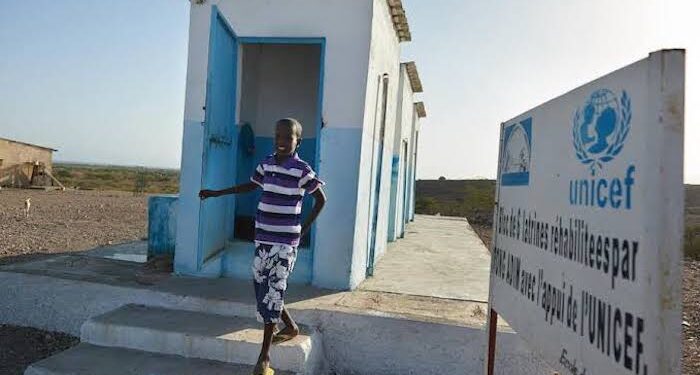According to the United Nations Children’s Fund (UNICEF), Nigeria must construct approximately 3.9 million toilets in order to achieve its goal of becoming open-defecation-free by 2025. Jane Beva, the Chief of Water, Sanitation, and Hygiene (WASH) at UNICEF, highlighted this during the opening of a two-day conference for toilet business owners in Abuja.
Beva expressed concern about the inadequate toilet facilities in Nigeria, revealing that only around 180,000 to 200,000 washrooms are built each year. She emphasized the poor sanitation conditions in the country, citing a 2021 WASH national outcome routine mapping report which indicated that 48 million people still practice open defecation in Nigeria. Furthermore, the report revealed that 95 million Nigerians lack access to basic sanitation services.
Beva quoted the report, stating that Nigeria loses approximately 1.3% of its GDP or N455 billion annually due to inadequate access to sanitation, affecting health, healthcare savings, and productivity. She highlighted the economic benefits of investing in water and sanitation, stating that every dollar invested yields economic benefits ranging from three dollars to 34 dollars.
Beva stressed that Nigeria cannot continue with business as usual if it wants to meet its targets for 2025 and 2030. It is necessary to strengthen and scale up proven strategies in order to achieve the country’s sanitation goals. She called for closer collaboration between the private sector, all levels of government, and communities to actively develop sustainable solutions for addressing the sanitation needs of underserved communities. This collaboration will also help attract capital investment and develop human capital in the sector.


